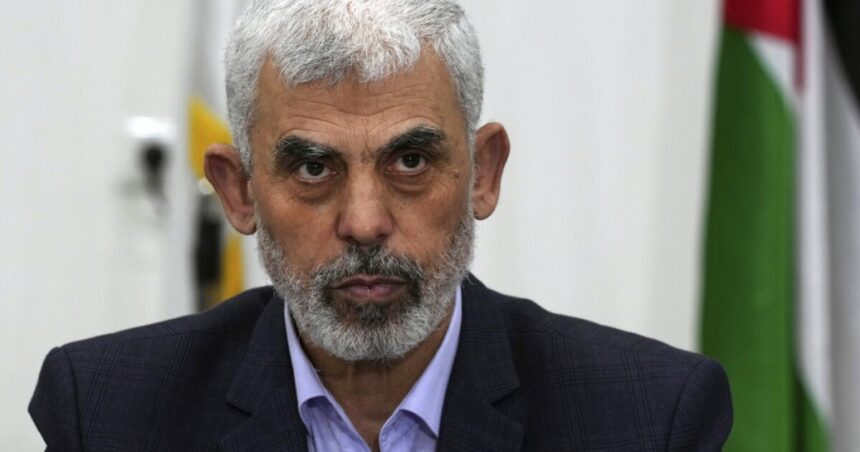Hamas announced on Tuesday that Yahya Sinwar, who orchestrated the Oct. 7 attacks in Israel, will be the new leader of the Palestinian militant group in Gaza. This move represents a shift towards a more hardline approach following the death of his predecessor in a suspected Israeli attack in Iran.
Sinwar, a key figure with close ties to Iran, has been instrumental in building up Hamas’ military capabilities. The selection of Sinwar sends a clear message that the group is ready to continue the fight despite the destruction caused by Israel’s campaign in Gaza and the assassination of its previous leader.
Israel, which had targeted Sinwar following the Oct. 7 attacks, is likely to react to this appointment. The announcement comes at a time of heightened tensions in the region, with fears of a broader conflict looming due to recent events in Lebanon and Iran.
Hamas named Sinwar as the new head of its political bureau, replacing the slain Ismail Haniyeh. The group blamed Israel for Haniyeh’s death, though Israel has not confirmed or denied involvement. Sinwar’s appointment underscores the shift in leadership from the exiled officials to those on the ground in Gaza.
While Sinwar will continue ceasefire negotiations, the prospects of a deal remain uncertain. Mediators are working to secure an agreement, but challenges persist over issues such as the release of hostages and the withdrawal of Israeli troops from Gaza.
Despite the difficulties, Sinwar’s supporters in Iran and Hezbollah have praised his appointment. The situation remains tense, with Sinwar now at the helm of Hamas amid ongoing regional tensions.
RELATED STORY |
After Hamas leader killed, still unclear if Israel gave US advanced notification of strikes
As the primary decision-maker in ceasefire negotiations, Sinwar’s choices will have significant implications for Palestinians caught in the conflict. The path forward remains uncertain as Hamas navigates its next steps under his leadership.





